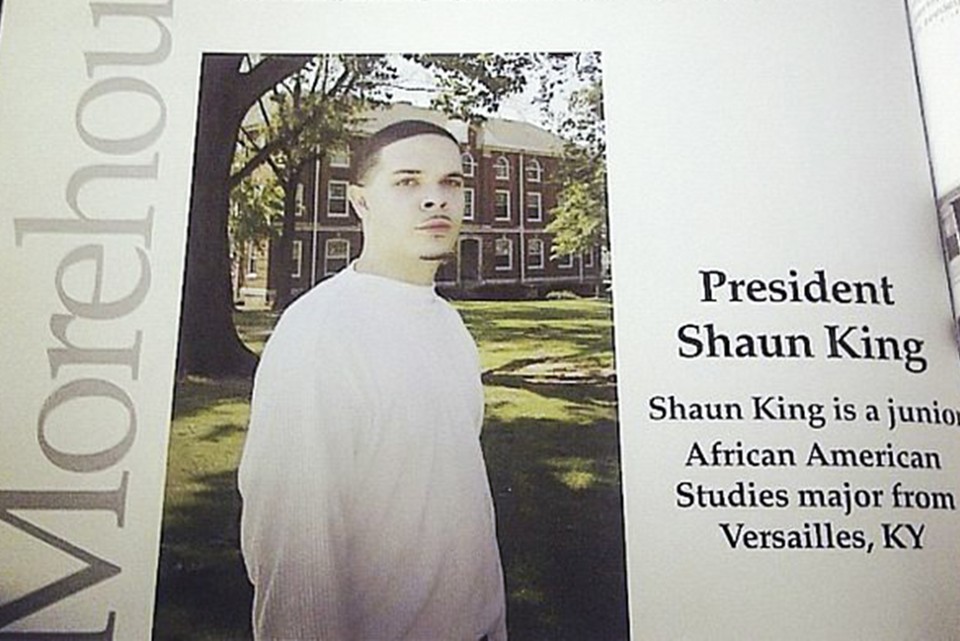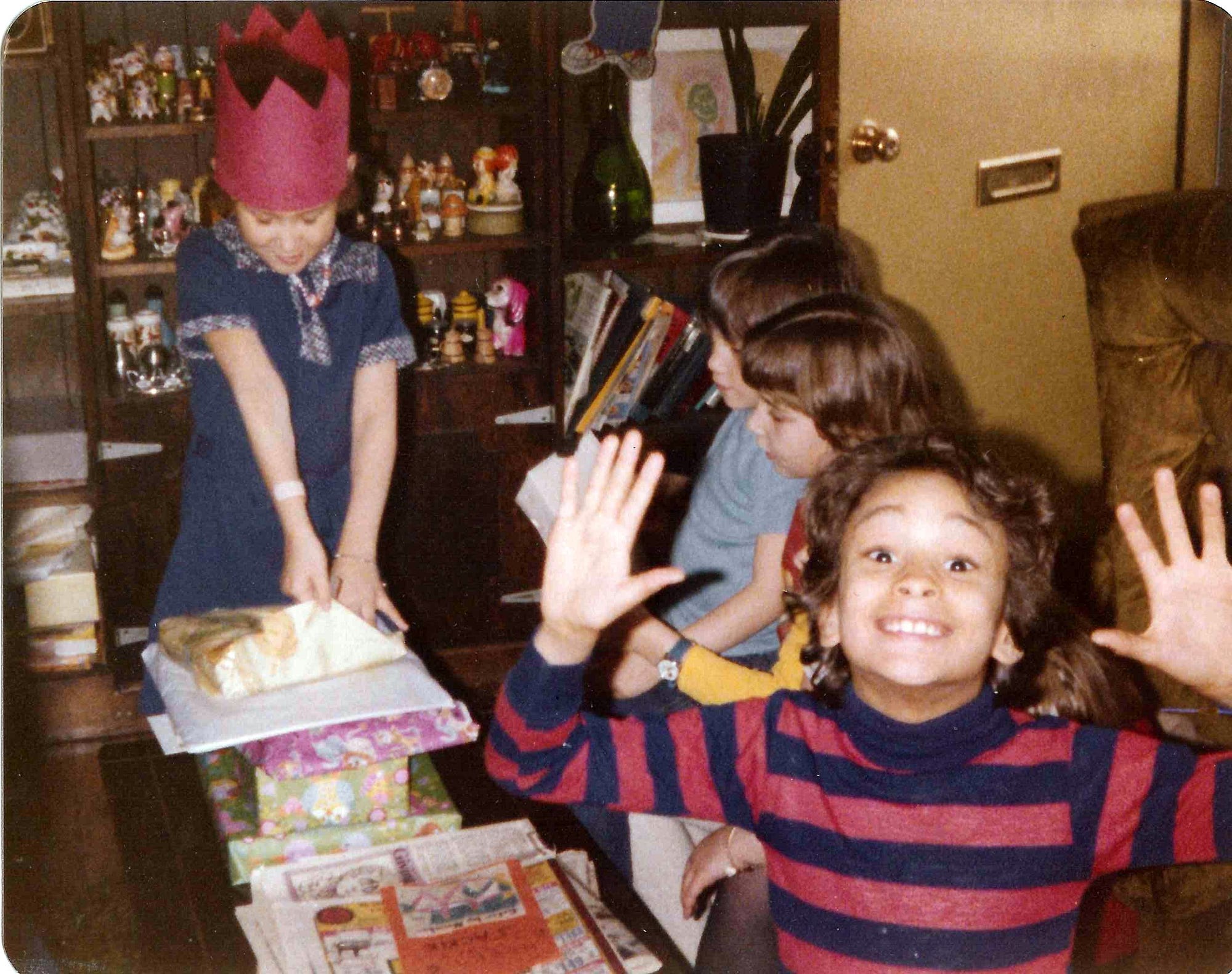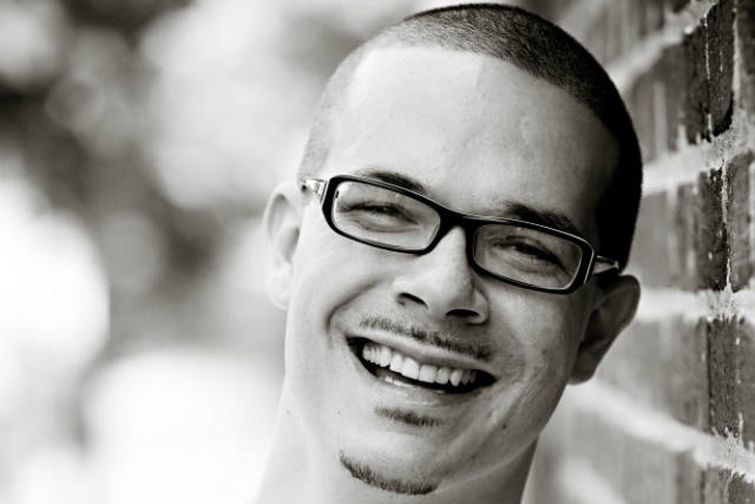The Paradox of the First Black PresidentPosted in Articles, Barack Obama, Live Events, Politics/Public Policy, Social Justice, United States on 2015-10-08 15:58Z by Steven |
The Paradox of the First Black President
New York Magazine
2015-10-07
President Barack Obama talks with, from left, personal aide Reggie Love, Senior Advisor Valerie Jarrett, Deputy Press Secretary Bill Burton, and Director of Political Affairs Patrick Gaspard, aboard Marine One during the flight from White House to Joint Base Andrews, Maryland, Aug. 9, 2010. (Pete Souza) |
As the historic administration nears its final year, African-American leaders debate: Did Barack Obama do enough for his own community?
There is a photo by Pete Souza, the White House’s canny and peripatetic photographer, that surfaces from time to time online. The setting is Marine One, and it features a modest cast of five. Valerie Jarrett, dressed in a suit of blazing pink, is staring at her cell phone. Barack Obama, twisted around in his seat, is listening to a conversation between his then–body guy, Reggie Love, and Patrick Gaspard, one of his then–top advisers. Obama’s former deputy press secretary, Bill Burton, is looking on too, with just the mildest hint of a grin on his face.
In many ways, it’s a banal shot — just another photo for the White House Instagram feed, showing the president and his aides busily attending to matters of state. Stare at it a second longer, though, and a subtle distinction comes into focus: Everyone onboard is black. “We joked that it was Soul Plane,” says Burton. “And we’ve often joked about it since — that it was the first time in history only black people were on that helicopter.”
Souza snapped that shot on August 9, 2010, but it didn’t make any prominent appearances in the mainstream press until mid-2012, when it appeared in The New York Times Magazine. The following summer, July 2013, the president had a group of civil-rights leaders come visit him in the Roosevelt Room of the White House, and the optics, as they like to say in politics, were similar: An all-star cast of minorities (African-American and Latino this time) gathered in a historic place to which the barriers to entry were once insuperably high…
…But now, as Obama’s presidency draws to a close, African-American intellectuals and civil-rights leaders have grown increasingly vocal in their discontents. They frame them, for the most part, with love and respect. But current events have broken their hearts and stretched their patience. A proliferation of videos documenting the murders of unarmed black men and women — by the very people charged with their safety — has given rise to a whole movement defined by three words and a hashtag: #BlackLivesMatter.
“That’s one of the fundamental paradoxes of Obama’s presidency — that we have the Black Lives Matter movement under a black president,” says Fredrick Harris, a political scientist at Columbia University. “Your man is in office, and you have this whole movement around criminal-justice reform asserting black people’s humanity?”…
Read the entire article here.



